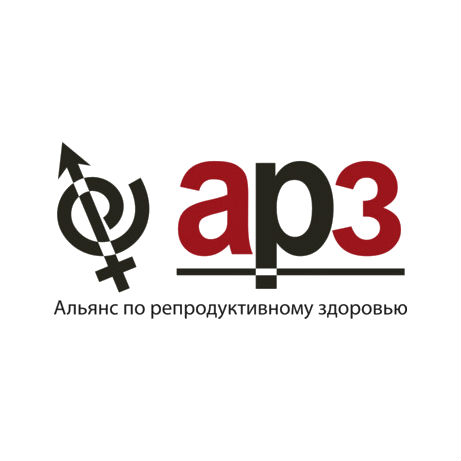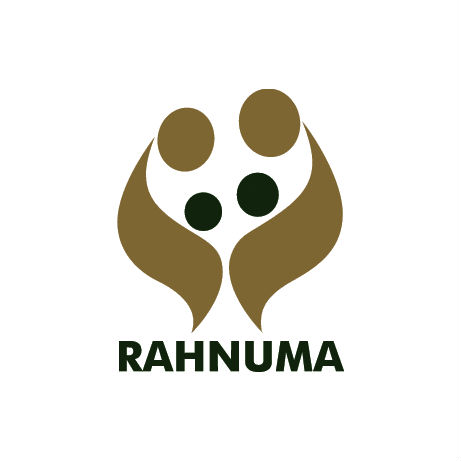

| 31 March 2016
Reproductive Health Alliance of Kyrgyzstan
The Reproductive Health Alliance Kyrgyzstan (RHAK) was set up in 2001, and its services now extend across all 7 regions of the Kyrgyz Republic (Osh, Jalal-Abad, Talas, Chui, Naryn, Batken, Issyk-Kul). From its inception, RHAK has enjoyed strong youth support and input into its organization, policy-making and delivery. As a result, its youth work is a distinctive strength. RHAK has developed information materials for adolescents which cover critical sexual and reproductive health (SRH) issues such as contraception and the prevention and treatment of sexually transmitted infections (STIs, including HIV and AIDS). A significant contingent of national and international trainers have been involved in training health professionals and volunteers who’ve subsequently trained groups of all sorts in SRH. Particular interest groups include refugees and internal migrants, injecting drug users (IDUs), sex workers, children in care and homeless children. RHAK is an active member of collaborative, central Asian initiatives to address the particular SRH needs and challenges of internally displaced persons (IDPs) and repatriates. This work has included the publication and circulation of a substantial range of written materials, and the creation of 3 clinics located expressly to serve migrant communities. Contacts Website: http://www.rhak.kg/english/index.php Facebook: https://www.facebook.com/rhakkg

| 31 March 2016
Rahnuma-Family Planning Association of Pakistan
Rahnuma (formerly the Family Planning Association of Pakistan or FPAP) started serving poor and marginalized people in Pakistan as the Family Planning Association of Pakistan (FPAP) in 1953. After over 50 years of momentous achievements, the FPAP felt that its name did not fully reflect the scope of its work. It renamed itself ‘Rahnuma’, an Urdu word meaning 'one who shows the path and provides direction'. Rahnuma was one of the pioneers in providing family planning services and advocating for spacing of childbirth and for smaller families. The government later embraced the cause by establishing the Ministry of Population Welfare. In the space of a decade, Rahnuma grew from a single clinic, based in 1 room in Karachi, to a large-scale operation with an infrastructure of district branches offering model clinics and information and educational facilities. Today, the network operates nearly 5,000 service points, comprising 118 permanent clinics, 11 mobile units, 191 associated clinics and over 2,000 community-based distributors/services (CBDs/CBSs). It also handles referrals to over 2,143 private physicians. Rahnuma has developed innovative programmes to increase access to high-quality, affordable health services. It has advocated for a rights-based approach to sexual and reproductive health (SRH), for the empowerment of particular groups within communities (especially women and young girls), and for the strengthening of civil society in Pakistan. As the sexual and reproductive health and rights (SRHR) agenda has shifted over the years, Rahnuma has increasingly embraced SRHR in the context of national development and poverty alleviation, owing to the direct connection between socio-economic conditions and health and well-being. Contacts Website: http://www.fpapak.org Facebook: https://www.facebook.com/rahnuma.fpap.9 Twitter: https://twitter.com/Rahnuma_FPAP







